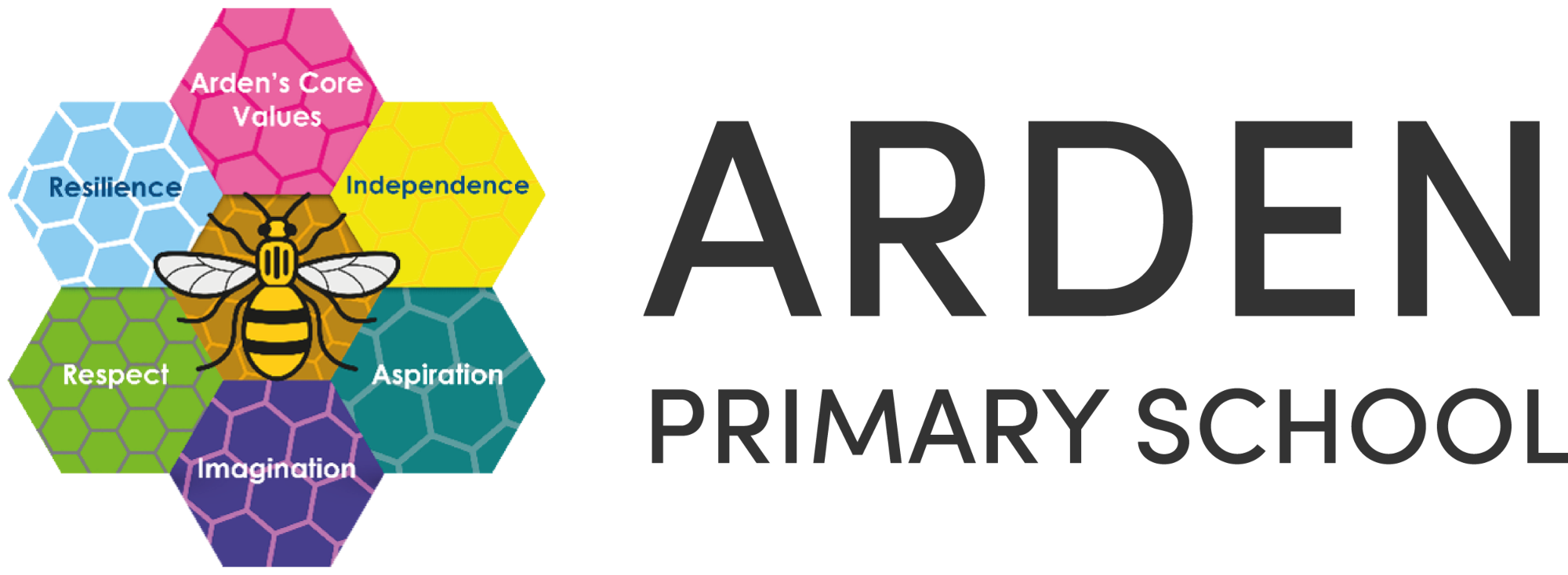Geography
Subject Lead: Miss Gilligan
OUR INTENT
Our Geography curriculum fosters a deep sense of place and connection, and it is our intention that through Geography, pupils develop a curiosity and fascination about the world and its people that will remain with them for the rest of their lives. Throughout their time at Arden pupils explore the world's physical, human, and environmental features, develop a deep understanding of the Earth's key physical and human processes, and are encouraged to understand the diverse places, people, cultures and resources that shape our planet. Through Geography, pupils are provided with the necessary tools to appreciate both their own lives and global events within a geographical context.
Our Geography curriculum ignites curiosity about Earth's landscapes, regions, and societies. Pupils are encouraged to ask questions, think critically, and analyse various geographical contexts. They learn about the unique characteristics of different locations, empathise with the challenges faced by people in diverse geographical settings, and examine the interplay of human activities and the environment. This helps pupils draw links between geographical phenomena and their own lives, applying geographic principles to better understand the world around them.
